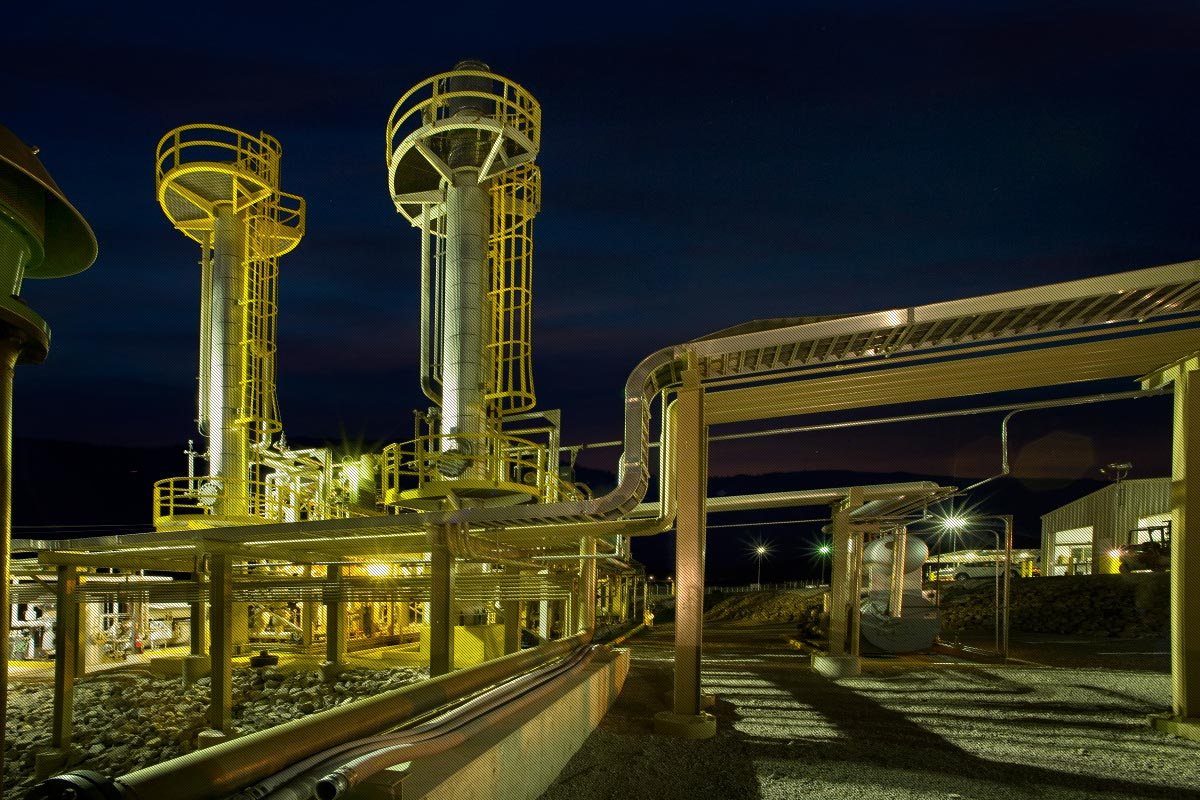Economy
Modular Refineries: FG Contacts IFC, CBN for Funding
-

 Naira4 weeks ago
Naira4 weeks agoDollar to Naira Black Market Exchange Rate Today 24th, September 2024
-

 News3 weeks ago
News3 weeks agoBbnaija’s Wanni Wins Innoson Car Challenge, Secures First Vehicle with Twin Sister
-

 Education4 weeks ago
Education4 weeks agoFederal Government Approves 133% Allowance Boost for NYSC Members, Now ₦77,000
-

 Social Media4 weeks ago
Social Media4 weeks agoTelegram to Expose Users Who Use Platform For Criminal Activities, Share Data With Relevant Authorities
-

 Economy4 weeks ago
Economy4 weeks agoFG Awards N158bn Lekki Port Service Lanes Construction to Dangote
-

 Investment4 weeks ago
Investment4 weeks agoCoca-Cola $1billion Investment: Manufacturers Association Shares Two Cent
-

 Dividends4 weeks ago
Dividends4 weeks agoAccess Holdings to Pay N15.99 Billion Interim Dividend, Aig-Imoukhuede to Receive N1.151 Billion
-

 Business3 weeks ago
Business3 weeks agoNigerian Businesses Slash Dollar Exposure as Naira Depreciation Deepens






























